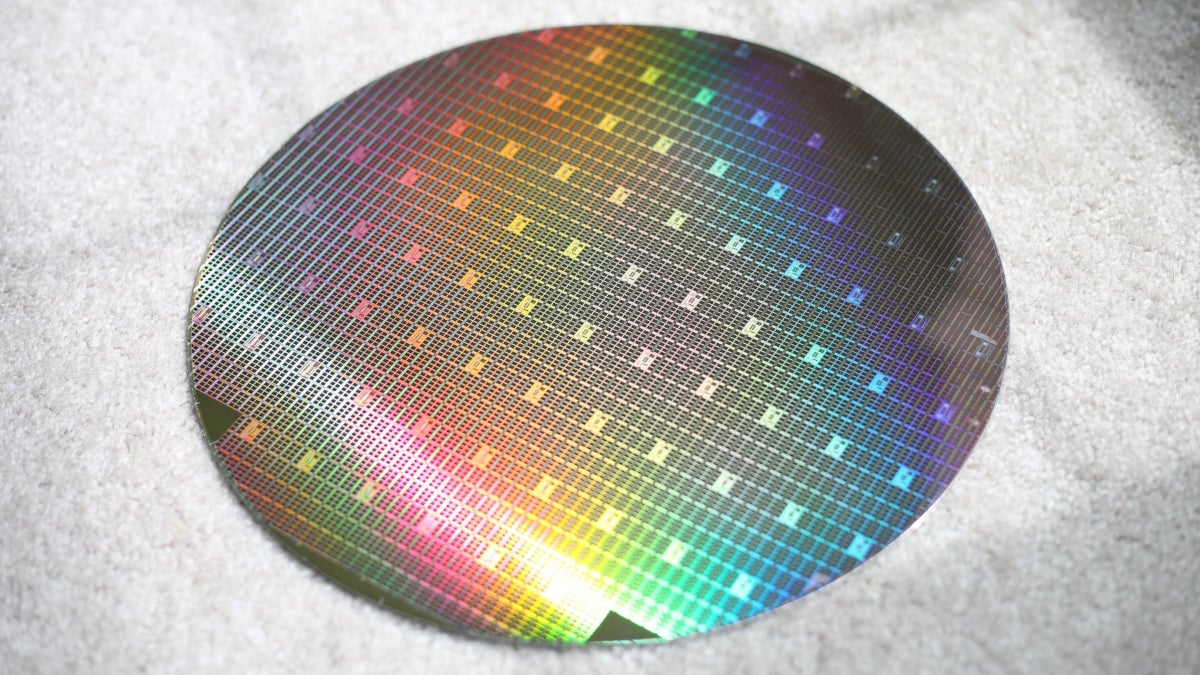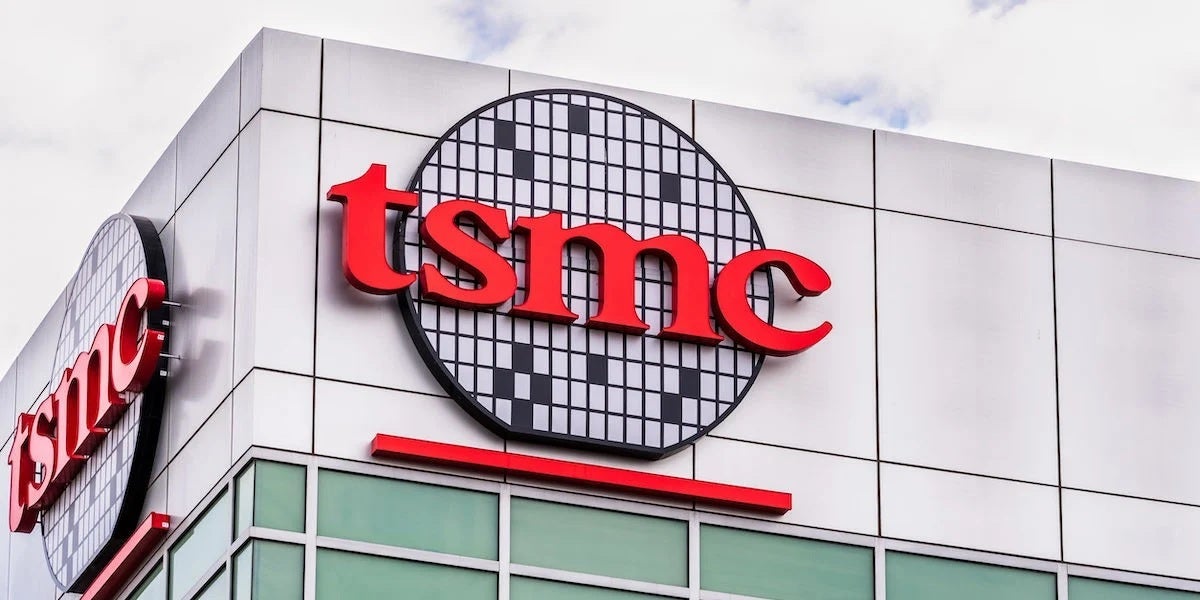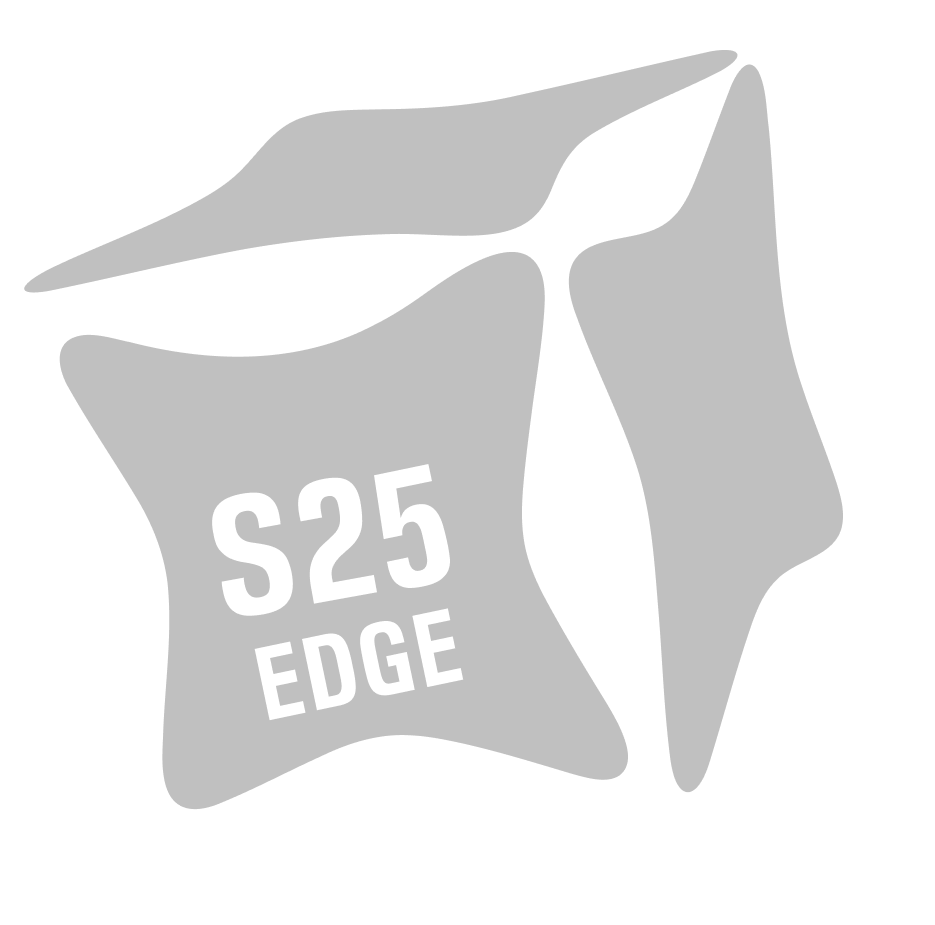Apple confirms it will buy chips made in the U.S.A.

Confirming rumors that we first reported last month, Apple CEO Tim Cook spoke this morning in Arizona and said that Apple will buy chips made in the U.S. by TSMC. The world's largest chip foundry will start producing chips at its U.S. fab in 2024 and Apple has been looking to reduce its reliance on chips produced at TSMC's Taiwan facilities.
After all, as TSMC's largest customer (responsible for about a quarter of the firm's annual revenue), Apple has to be sensitive to reports that China has been eyeing Taiwan. And while U.S. President Joe Biden has promised to help Taiwan defend itself, any type of military conflict will make it harder for Apple to obtain the chips it needs. So to help Cook, other Apple executives, and iPhone fans sleep better at night, the decision has been made by Apple's CEO to purchase chips made in the USA.
Apple commits to buying chips made in the USA; TSMC commits to America
According to CNBC, Tim Cook said, "And now, thanks to the hard work of so many people, these chips can be proudly stamped Made in America. This is an incredibly significant moment." And the executive is 100% correct. The U.S. has been looking to become self-sufficient when it comes to semiconductors and the ability to churn out cutting-edge chips on U.S. soil is a massive step toward that goal.

TSMC will build a second fab in Arizona to produce 3nm chips by 2026
TSMC originally planned on spending $12 billion on its Arizona plant which was expected to turn out 5nm chips by 2024. Now, TSMC will add a second factory and will spend $40 billion on the pair. The second facility will be ready by 2026. The fabs will turn out 600,000 wafers each year which will be enough to meet American demand according to the National Economic Council.
The 600,000 wafers made in the U.S. will be a small percentage of what TSMC turns out in Taiwan where production in 2020 came to 12 million wafers. Joining TSMC is Intel. The American chipmaker has already said that it will surpass TSMC and Samsung in process leadership by 2025 and is planning on building new fabs in Arizona and Ohio in an attempt to win business from Apple. Both TSMC and Intel's plants will be partially subsidized by the U.S. government under the CHIPS act.
The U.S. will be self-sufficient with the production of 600,000 wafers coming from TSMC's Arizona fabs
Ronnie Chatterji, National Economic Council acting deputy director for industrial policy, said today, "It’s the foundation of our personal electronics, and also the future of quantum computing and AI. At scale, these two [factories] could meet the entire U.S. demand for U.S. chips when they’re completed. That’s the definition of supply chain resilience. We won't have to rely on anyone else to make the chips we need."
And Brian Deese, director of the National Economic Council, added, "The passage of the CHIPS and Science Act was absolutely critical in providing the long-term certainty for companies like TSMC to expand their footprint and expand their commitment to the United States."
The first fab, which again goes online in 2024, will now produce chips using a 4nm process node instead of 5nm as originally expected. The lower the process node, the smaller the transistors used on a chip which means that more can fit into a small space. And that is important since the higher the transistor count of a chip, the more powerful and energy-efficient it is.
The second TSMC factory will open two years after the first one and will turn out 3nm chips. These are currently the most cutting-edge chips available for 2023 and will be used by Apple for the A17 Bionic SoC. That chipset is expected to power next year's iPhone 15 Pro and iPhone 15 Ultra. TSMC is expected to start producing 2nm chips in Taiwan in 2025 with some general talk about a 1nm process node in the future.






![T-Mobile Starlink beta’s list of eligible devices reduced, some phones no longer allowed [UPDATED]](https://m-cdn.phonearena.com/images/article/170719-wide-two_350/T-Mobile-Starlink-betas-list-of-eligible-devices-reduced-some-phones-no-longer-allowed-UPDATED.jpg)







Things that are NOT allowed: